An innovative way to achieve quality education in Bangladesh
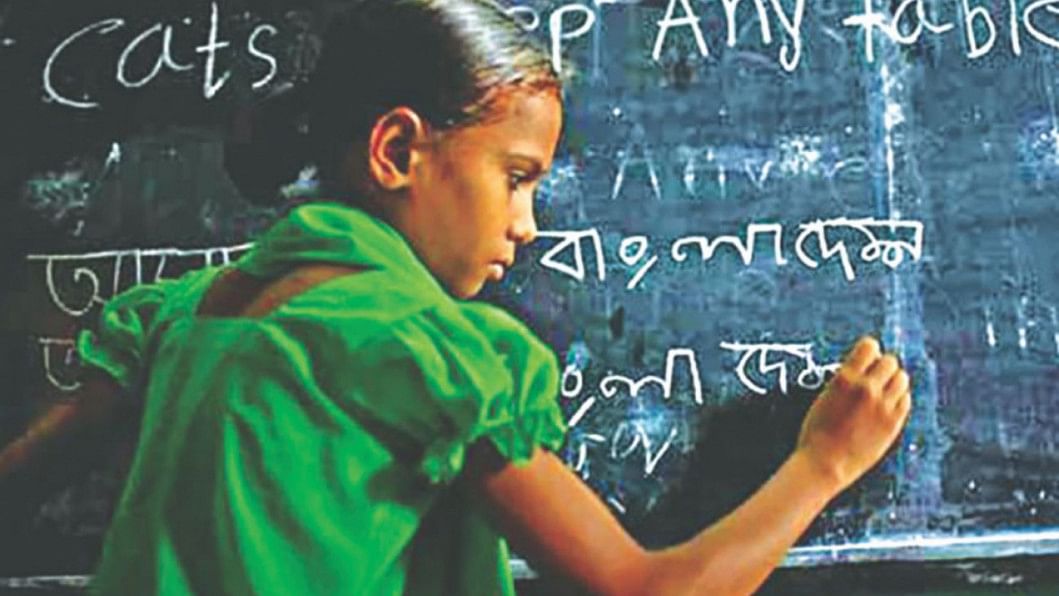
There is widespread concern among parents and society in general about the state of education in the high schools of Bangladesh. Education officials and policymakers are baffled by the absence of any visible effect on student attainment despite many government initiatives, such as providing training to thousands of teachers, providing teaching resources such as computers, science equipment and multimedia, and even raising teachers' salaries and benefits.
The disappointment and frustration of well-meaning individuals and NGOs are no less intense. Though NGO programmes, conducted in a project mode with close monitoring and evaluation, have had significant impacts on quality education, the outcomes at the end of the projects are often dismal as the schools fall back into their routine modes of operation.
Despite the disappointing scenario, the work I have carried out in 50 schools in different parts of the country over the last 12 years demonstrate that significant advancement in quality education is possible even within the existing constraints. Students in these schools made remarkable improvements in learning and academic results, English language skills, Maths Olympiads, ICT, sports, debate, and cultural programmes. Using student-centred methods of classroom teaching and student participation in a range of activities allowed them to develop leadership, teamwork, problem-solving, and critical thinking skills, as well as enabling character-building.
These schools were able to achieve success because our project approach was based on trusting the teachers and their inherent desire for students to succeed. We also recognised the positive features in the rural environment, such as open environment and cohesiveness of community. We provided training, showed simple pathways, monitored and measured progress, and advised on logistics.

However, the positive results achieved by the teachers and students started dissipating as we gradually scaled down our direct involvement. While the community was enthusiastic about the results achieved, it lacked a sense of ownership over these results, since it had not participated by providing any material help for the programme.
To build and improve on our experience with the 50 schools, I propose a new approach: we would first create engagement and commitment between the community and the school for the mutual goal of quality education. We would show how quality education for the children benefits every member of the school and community. We would advocate the shikkhar shamajik dayitto (social responsibility for education – SSD) approach to help establish a consensus that quality education is a basic right for children, and that society has the responsibility to help schools provide such education.
In the SSD approach, the community takes up the role of providing the resources needed for quality education, and quality is accomplished through the combined efforts of the school and community. If success is achieved, cooperative relationship can continue, and sustainability becomes a natural part of the outcome.
At the school level, the foundational work of SSD is done using the techniques of social mobilisation through participatory discussions. An action plan is drawn up in the form of shamajik ongikar (a social contract) specifying the roles and responsibilities of the school and the community.
Years of field-testing allowed us to make the quality education programme simple, workable, affordable, and effective. Basically, there are two training activities that open up the avenue to quality education: i) a simple pedagogy for teachers for active learning in the classroom by combining the group method with the classical chalk and duster method; and ii) hands-on training for leadership groups among students in different academic (English, maths, computers, etc) and co-curricular (debate, sports, cultural activities, etc) activities.
We believe that the schools adopting the programme with shamajik ongikar can become self-reliant in a short span of time.
The programme may be launched in stages, acquiring agreement between the community and the school on the goals at each stage. To build a solid foundation of learning that will enable students to move forward with competence and confidence, the SSD effort may first be directed to students in classes VI, VII, and VIII in rural high schools. Classes IX and X can be included if the school and community wish.
There are over 25,000 high schools in the country's public education system, a large majority of which are rural. Achieving quality education in all schools in the country through a massive injection of resources and funds under a broad policy framework of the government would take a long time, and be subject to inconsistencies in delivery and reception. An innovative scheme is needed now to move towards quality education within the current constraints. In association with a few NGOs, this author is working with a number of schools using the SSD concept and has developed a framework for its effective implementation.
With successful piloting of the SSD concept, a campaign from the upazila level may be extended to district, divisional and national levels. With every community taking care of its own schools, the task becomes more focused and achievable. The country can take a leap in quality education and be ready to move forward from there.
Dr Jasimuz Zaman is a former professor of Bangladesh University of Engineering and Technology.

 For all latest news, follow The Daily Star's Google News channel.
For all latest news, follow The Daily Star's Google News channel. 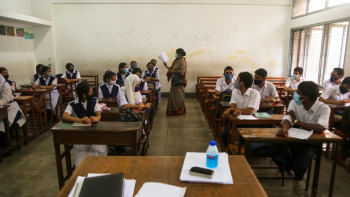




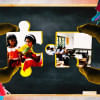


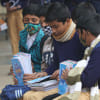

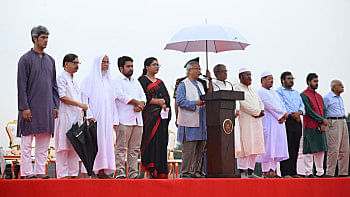
Comments